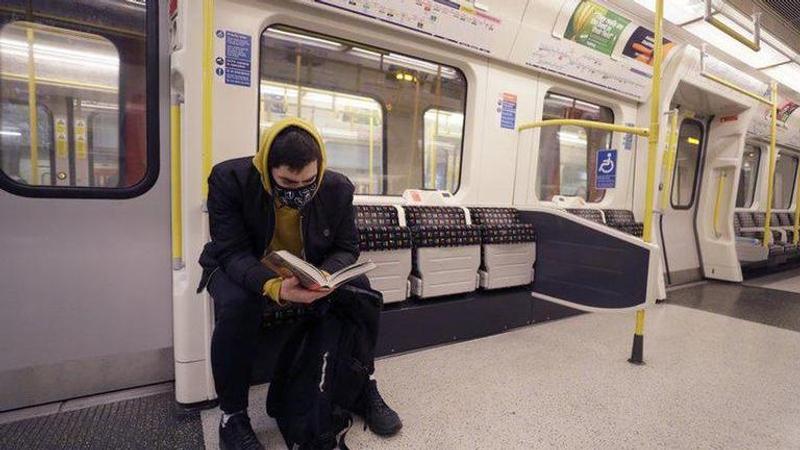Published 19:15 IST, March 16th 2020
UK steps up communication amid concerns about virus response
British officials have introduced daily televised press conferences with medical experts in an attempt to combat growing criticism of the UK’s cautious approach to the coronavirus outbreak.

British officials have introduced daily televised press conferences with medical experts in an attempt to combat growing criticism of the U.K.’s cautious approach to the coronavirus outbreak. Prime Minister Boris Johnson and his chief scientific and medical advisers will address the nation Monday as Britons demand to know why the U.K. — unlike most of its European neighbors — has not closed bars and restaurants, banned large events or shut schools to slow the spread of the COVID-19 illness.
Johnson’s spokesman, James Slack, said closing schools hadn’t been ruled out, but “the scientific and medical advice is that that’s not a step which we should be taking at this point in time.”
Britain lags behind countries such as Italy, Germany and France in the number of infections, and the government’s scientific advisers say implementing draconian measures too early will make them harder to sustain as the outbreak peaks in two or three months. So far, Britons have been told to wash their hands frequently and to stay at home for a week if they have a fever or continuous cough.
The U.K. strategy is based on the presumption that most people will eventually get the virus. Britain’s goal is to slow the spread of the infection so the country’s overstretched health service is not overwhelmed, while protecting those most at risk of serious illness — the elderly and people with serious health problems.
The government says that in the coming days, people over 70 will be asked to self-isolate, possibly for several months. And a ban on large gatherings, already in force in Scotland, may be expanded across the country.
Some scientists have taken issue with the approach, urging more severe restrictions to enforce “social distancing” and slow the spread of the virus.
For most people, the new coronavirus causes only mild or moderate symptoms, such as fever and cough, and the majority recover. For some, especially older adults and people with existing health problems, it can cause more severe illness, including pneumonia. Worldwide, some 169,000 people have been infected, over 6,500 have died and more than 77,000 have recovered.
As of Sunday, Britain had 1,372 confirmed cases of the virus, and 35 people with COVID-19 had died.
U.K. Transport Secretary Grant Shapps insisted the government’s approach was not “markedly different” from other countries' measures.
"The U.K. has probably just been at a slightly different stage — compared with places like Italy but also a little behind where France and Germany are,” Shapps told Sky News. "It's not that we're not going to get there, but of course our responses are timed in a different way, unique to the particular stage of this that we're in in the U.K."
Britain’s approach has come under increasing pressure as neighboring countries go into lockdown and close their borders in response to the new virus.
Even though the government has not ordered mass closures, the outbreak has already had a huge effect on everyday life in Britain. Ridership on trains and the London Underground is down by a fifth as some businesses ask staff to work from home; universities are moving classes online; and several of London’s West End theaters have shut, with more expected to follow.
Supermarkets have been stripped of staples including toilet paper, pasta and rice as shoppers ignore government appeals not to hoard supplies.
Airlines including EasyJet, Ryanair, Virgin Atlantic and British Airways say they will ground most of their planes as more and more countries impose travel restrictions and shut their borders.
Updated 19:15 IST, March 16th 2020




